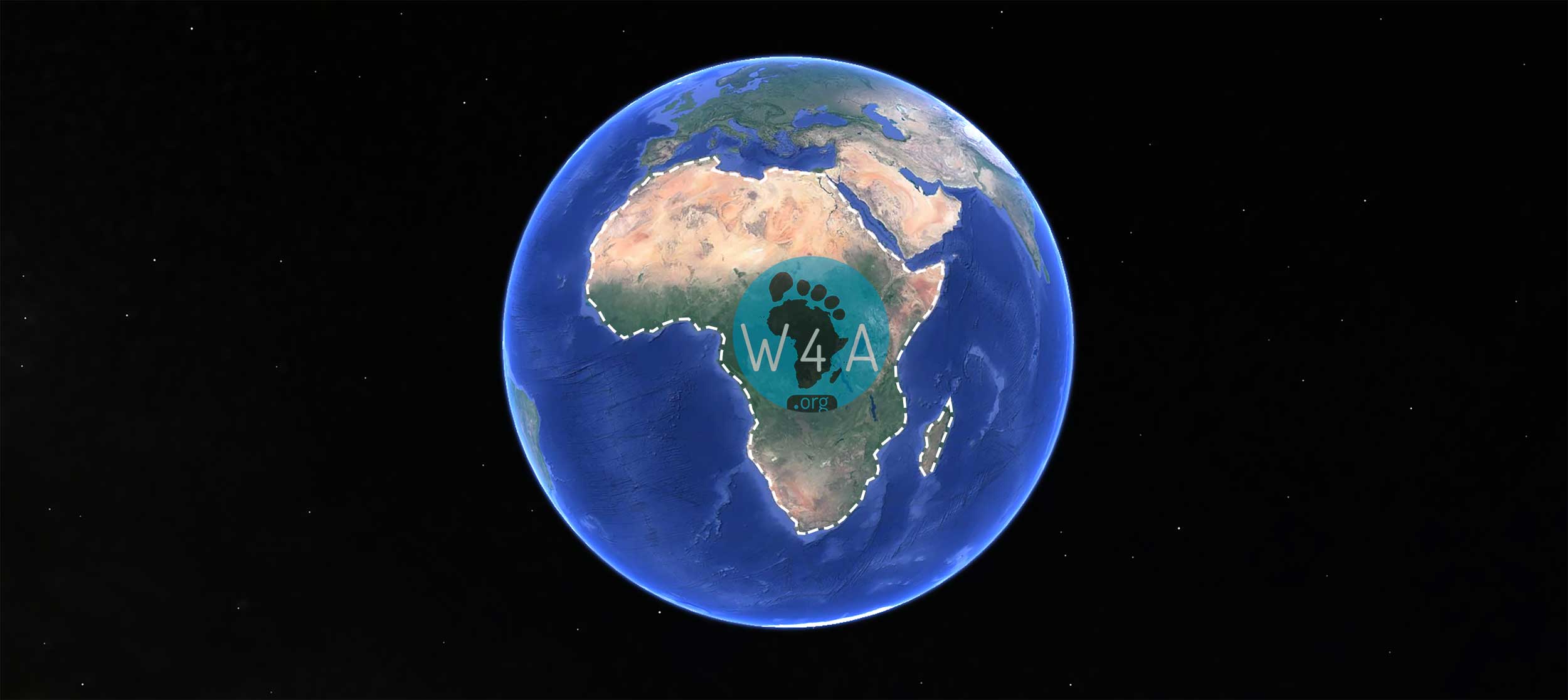We all know that planet Earth is in peril
Global warming, plastic pollution, environmental degradation, energy inefficiency, human-animal conflict, safety, security, unemployment, poverty, hunger, viral pandemics – the list is endless.
On the environmental side, coastal regions, in particular, are undergoing rapid decline. It is estimated that approximately 3 billion people — about half of the world’s population — live within 200 kilometres of a coastline. In Africa, the average population density in coastal areas is about 80 people per square kilometre, twice the world’s average population density.
As an industry, tourism is ideally positioned to make a difference.
In 2018, tourism generated 10% of the World’s GDP and created 1/10 jobs worldwide. In 2020, the global coronavirus pandemic decimated the tourism industry as countries locked-down to fight the spread of infection. The pandemic caused a 72.9% drop in global tourist arrivals in Africa and resulted in business closures and wide-scale unemployment.
Tourism revenues impact the World across many fronts, including economic growth and development, environmental protection, cultural preservation, peace, and security. And yet, these tourism impacts are barely felt in Africa.
In 2018, the United Nations World Tourism Organisation (UNWTO) reported that the African region received only a 3% share in tourism receipts and a 5% share in worldwide arrivals. And the stats story gets worse. By mid-2022, overseas tourist arrivals in Africa amounted to just 5.1 million; significantly lower than for the same period in 2018, which recorded 57.7 million arrivals by year end.
In the adventure tourism sector, global tourism revenues amounted to $282 billion in 2021. Market statistics for the Africa continent as a whole is estimated at just $112.2 million, which represents a market share of under 0.04%!
So, why is Africa’s tourism recovery performing poorly?
Well, there are several problems that we believe are responsible for Africa’s dismal performance in the potentially lucrative (outdoor) adventure tourism market. Here are a few reasons:
- Many Africa in-bound tour operators, and especially adventure tourism activity organisers, closed their operations following the plandemic.
- The $112.2m (Africa) vs $282b (global) adventure tourism stats could be skewed (under estimated) when considering that a Pan-African database of outdoor sport and adventure activities does not exist.
- Maybe there are not as many outdoor recreation events in Africa compared to other continents (we don’t know that for sure seeing as a central database doesn’t exist but the revenue stats tell the story).
- Event organisers market in isolation (fear of competition?).
- Global event marketplaces have few Africa-based events listed and the few that are listed get lost in the clutter (Eventbrite is a prime example).
- Inbound tourists are concerned about safety and security in many African countries (outdoor events have high safety & security measures in place, so that’s a reputation problem that W4A aims to correct as part of its relaunch plan).
- Lack of experienced outdoor event organisers (and affordable local training/certification providers?).
- Mass-participation outdoor events require high pre-launch funding (W4A’s relaunch plan has a way to solve that).
- Event logistics can be complicated (ditto, W4A is developing outdoor event planning software to simplify the process).
What about market demand? Is it sustainable?
According to the aforementioned stats, the global adventure tourism market has a compound annual growth rate (CAGR) of 15% and is expected to grow to over $1 trillion by 2030. For Africa, the CAGR is estimated at just over half the global growth percentage (8.3%) from 2022 to 2032. The cited source states; “The current trend of adventurous travellers visiting uncharted territories coupled to a rise in disposable incomes, and affordable travel packages, are anticipated to support market expansion”.
Problem Solving
To solve some of the factors that inhibit tourism growth in Africa (as identified in the bullet lists above), W4A is relaunching. Read our Re-launch Pitch Deck for a brief overview on how we plan to solve these inhibiting factors.
But we don’t want the kind of growth that results in #overtourism. We want sustainable tourism growth. And we have a relaunch business plan to achieve that.
Our first solution, the EventsInAfrica (EIA) marketplace app, is currently in development. The primary objective of the EIA app is to create a Pan-African database of outdoor events. A portal where Africa-based event organisers can list and market their activities for domestic and international tourists to find, follow, and book to participate in listed events.
Our second solution, a bespoke outdoor event planning software programme will be developed to tie-in with the EIA app. This software will initially be exclusively used by W4A country subsidiaries to plan, fund, launch, manage, and analyse their own events simply, effectively, and profitably. At a later stage, the cloud-based planning software will be opened as a subscription model to enable any Africa-based event organiser to not only plan an event, but to incorporate sustainable development practices into their event.
More importantly, both of the above solutions are aimed at generating revenues, a percentage of which will be channeled to assist in funding pre-event launch costs for new events in Africa.
In conclusion, the African continent is endowed with rich diversity, an abundance of natural beauty, cultural heritage and historical sites, wildlife, safaris, beaches, deserts and so much more. If channelled correctly, and with initiatives to boost domestic tourism in Africa, these assets could provide considerable opportunities for outdoor adventure tourism growth and, above all, solve many of the factors that inhibit tourism growth in Africa.



